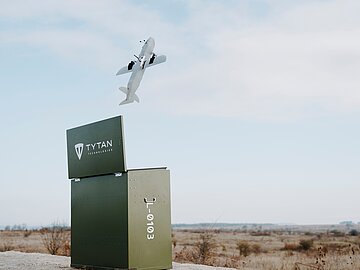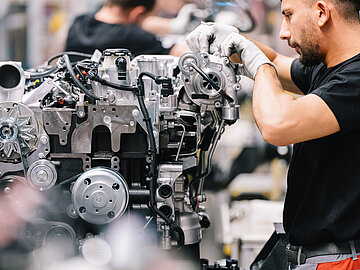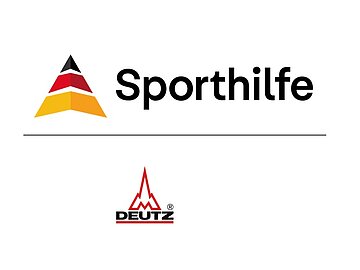
WELCOME TO THE NEWS SECTION
Stay informed about the latest developments in our company! Read our press releases to find out what keeps us moving and what milestones we have achieved. You will also find suitable images and informative reports about DEUTZ.





